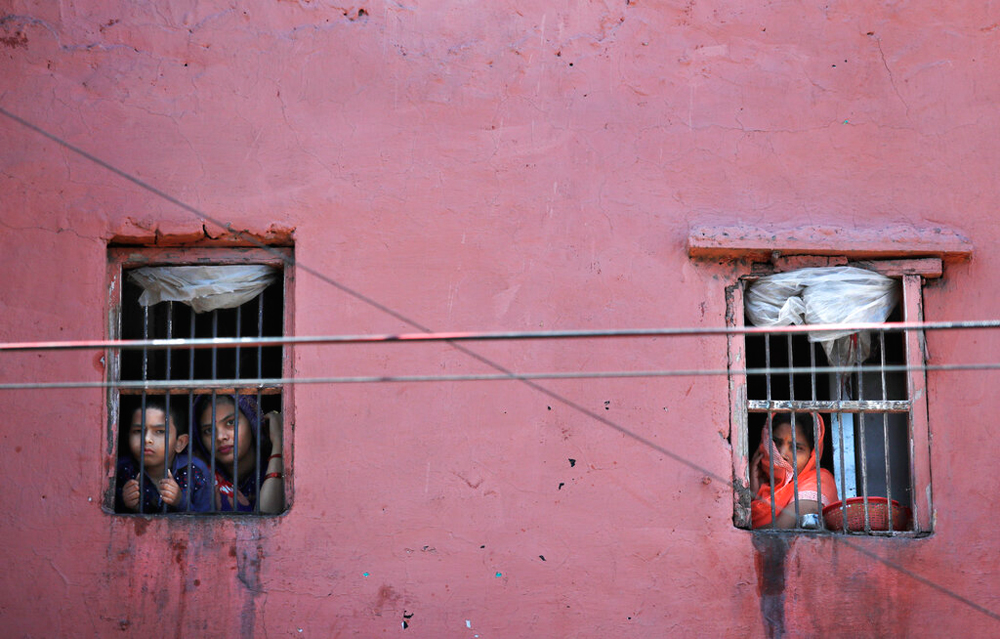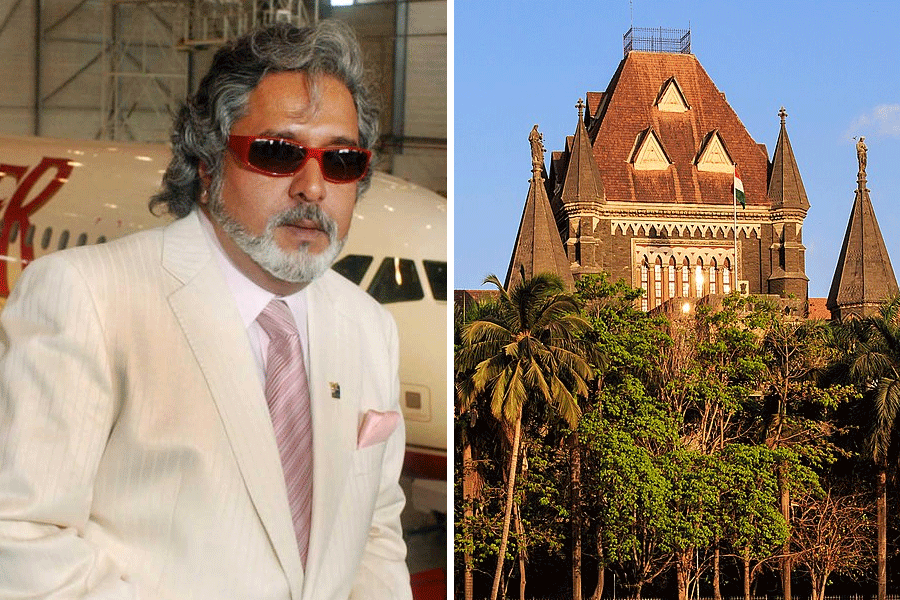India is likely to participate soon in the WHO's multi-country “solidarity trials” for developing potential treatments for COVID-19, Union health ministry officials said on Friday.
At a press briefing on the COVID-19 situation in India, Raman R Gangakhedkar, head of epidemiology and communicable diseases at ICMR, said, “In order to look at newer drugs that might come, we are soon likely to participate in the WHO solidarity trial for COVID-19. Earlier we did not do it because our numbers were so small and our contribution would have looked minuscule.”
As reported in The Telegraph Online, WHO’s multi-country solidarity trials aims to isolate drugs approved by regulators for other diseases that can be utilised in the Covid-19 fight. The reason already safety-tested drugs are being looked at is because these do not need lengthy clinical trials.
Among the drugs lined up for immediate testing are antiviral intravenous drug remdesivir; HIV combination lopinavir and ritonavir sold as Kaletra; and anti-malarial chloroquine, and a related drug, hydroxychloroquine. So far, 10 countries -- Argentina, Bahrain, Canada, France, Iran, Norway, South Africa, Spain, Switzerland, and Thailand -- have signed up to participate in the SOLIDARITY quest.
Gangakhedkar said the initial priority of the Indian Council of Medical Research (ICMR) in developing drugs is more towards re-purposed molecules than new molecules because new molecules research tends to take far longer.
“And we don't have so much time when we are facing this infection,” he said.
On developing a vaccine, Gangakhedkar said that the department of biotechnology has been looking into the vaccine development programme. “At the same time we are watching the efforts of some of the scientific groups that are working on vaccines. Currently there are all together 30 different groups which are working on developing vaccines out of which at least five are already going for animal toxicity studies.
“We have indicated our willingness to go for vaccine trials if they pass out on animal study for our own Indian population,” he said.
New cases, orders for ventilators
Health ministry joint secretary Lav Agarwal said at the press conference around 4 PM that 75 new cases of coronavirus and four deaths had been reported in the last 24 hours and that the Centre was working in tandem with states to ensure that social distancing is followed and the lockdown is implemented effectively.
Agarwal said that an order has been placed for 10,000 ventilators in addition to earlier order of 1,200 ventilators. Bharat Electronics Limited (BEL) has been asked to purchase 30,000 additional ventilators in one-two months to address the shortage of ventilators in the country.
Over the shortage of personal protective equipment in hospitals, Agarwal said, “Inter-ministerial efforts are going on to ensure that we can develop indigenous manufacturers who can prepare and supply us PPE and those efforts are leading to some good results and I am hopeful we will be able to manage the situation.”
Similarly with respect to N-95 masks, he said the ministry is in touch various buyers whom they have identified across the country.
Telemedicine initiatives
On account of OPDs being shut and as an alternative suggestion to the patients who might require care and need to see a doctor, Agarwal said that the government has issued national telemedicine guidelines.
He said it enables registered medical practitioners to provide healthcare using telemedicine facility and added that the practice can prevent the transmission of infectious diseases, thereby reducing the risks to both health care workers and patients.
“This facilitates the process wherein doctors sitting at their homes can provide services to the patients. We urge and request citizens to take advantage of it and doctors to utilise this,” he said.
States told to step up monitoring
On the Cabinet secretary flagging “gap” in actual monitoring and asking states to strengthen surveillance urgently, Agarwal said the states have been asked to ensure that all international passengers, the list of which have been given by the bureau of immigration, are monitored till the logical end in terms of the incubation period of 14 days and 28 days in terms of the over all monitoring.
Punya Salila Srivastava, joint secretary in the ministry of home affairs (MHA), said that states and Union territories (UTs) have been requested to make arrangements for food, water and sanitation for migrant labourers. Hotels and rented accommodation should stay open and functional.
She, however, ruled out any plan to ferry stranded migrants from across cities or states, saying that the whole idea of a lockdown was to ensure no movement of people from their present places.










